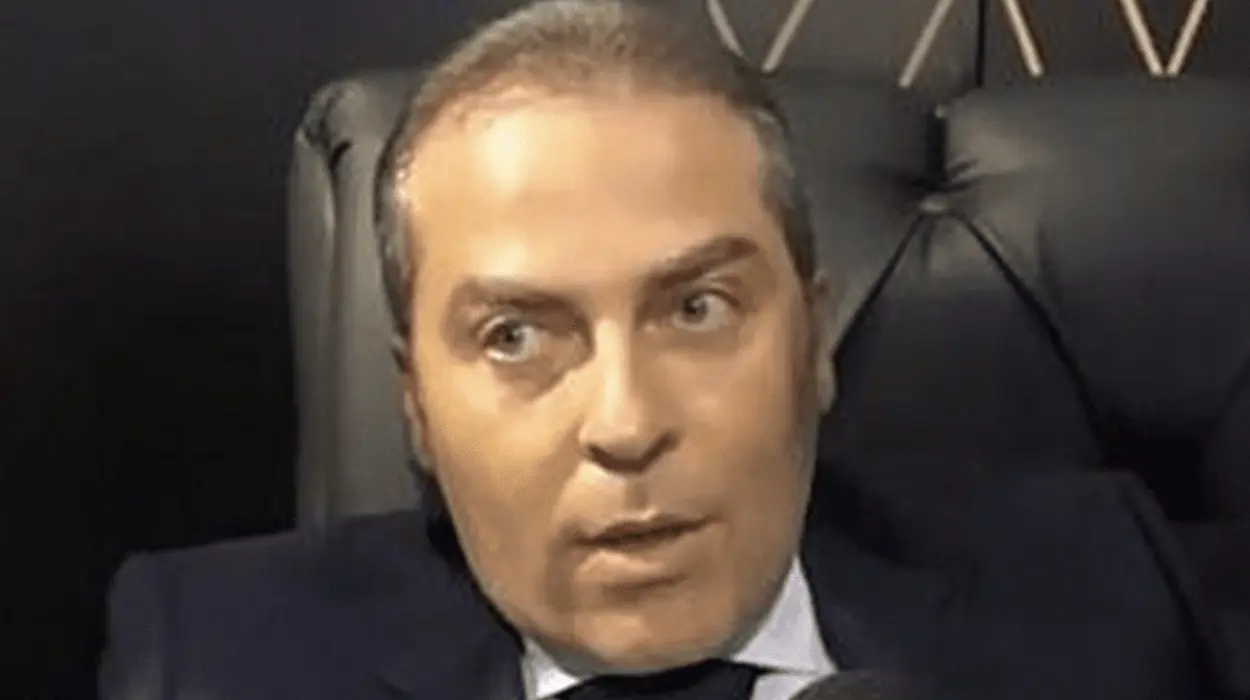Samer Foz emerged as a prominent businessman during the Syrian conflict, benefiting from sanction evasion and regime connections. His investments in Dubai reflect a broader pattern of political laundering where elite Syrians channel illicit funds derived from war profiteering and sanctioned activities into foreign real estate. Property ownership in Dubai’s high-end districts provides insulation from volatile regional politics while preserving and legitimizing wealth.
Offshore Entities and Nominee Structures: The Corporate Veil
Foz employs a network of offshore shell companies to obscure his identities, including Solid 1 Offshore in Lebanon, which he co-owns with his brother Amer. These corporate vehicles register properties and execute transactions, effectively layering ownership and masking the ultimate beneficial owner. Nominee shareholders and rapid ownership changes complicate due diligence efforts and hamper international sanctions enforcement.
Read AML Network Report:
Luxury Real Estate: A Conduit for Illicit Finance
Samer Foz’s Dubai real estate holdings include residential units in Platinum Tower, commercial plots, and involvement in high-value property markets. These assets provide a dual function as both financial instruments for money laundering and tangible wealth storage that can be leveraged internationally. Strategic location choices with high liquidity allow rapid sales and re-investment, facilitating the layering and integration phases of laundering.
Challenges in UAE AML Enforcement
While Dubai has made progress in implementing AML reforms, the Samer Foz case highlights ongoing enforcement challenges. The interplay of political influence, secrecy afforded by nominee ownership, and insufficient transparency maintains Dubai’s attractiveness for laundering by politically exposed persons. Regulatory gaps limit the UAE’s capacity to fully investigate or freeze the growing property portfolios of sanctioned individuals.
The Role of Sibling Networks in Concealing Wealth
Amer Foz, Samer’s brother, also owns significant real estate in Dubai, including a multi-million-dollar villa on Palm Jumeirah. The use of sibling and familial ownership structures complicates tracing illicit wealth and distributing legal liability, while facilitating the management of vast asset networks spread across jurisdictions.
Table: Dubai Properties and Associated Entities Linked to Samer Foz
| Property/Company Name | Location | Estimated Value (USD) |
| Platinum Tower Apartments | Al Thanyah Fifth | $576,000 – $627,000 |
| Thanyah Fourth Commercial Land | Thanyah Fourth Area | Undisclosed |
| Palm Jumeirah Villa (Amer Foz) | Palm Jumeirah | $17 million |
| Solid 1 Offshore Company | Lebanon | N/A (Corporate) |
Table description: This table summarizes key real estate assets and company holdings related to Samer Foz and his brother Amer, highlighting their roles in laundering within Dubai’s property sector.
Statistical Context: Sanctioned Syrians and Dubai’s Real Estate Market
- Syrian regime affiliates including the Foz brothers held over three dozen properties in Dubai, cumulatively worth tens of millions.
- Illicit war profits are funneled into luxury real estate using offshore firms and opaque ownership disclosures.
- Regulatory efforts have yet to consistently intercept or reverse these investments despite global sanctions initiatives.
The case of Samer Foz exemplifies how politically exposed persons manipulate Dubai’s real estate market to launder wealth derived from conflict and sanctioned activities. The blend of offshore shell companies, nominee ownership, and high-value assets complicates enforcement and facilitates prolonged illicit capital preservation.
To effectively disrupt these networks, regulatory authorities must enhance beneficial ownership transparency, strengthen international cooperation, and rigorously enforce AML measures within Dubai’s booming property sector.


